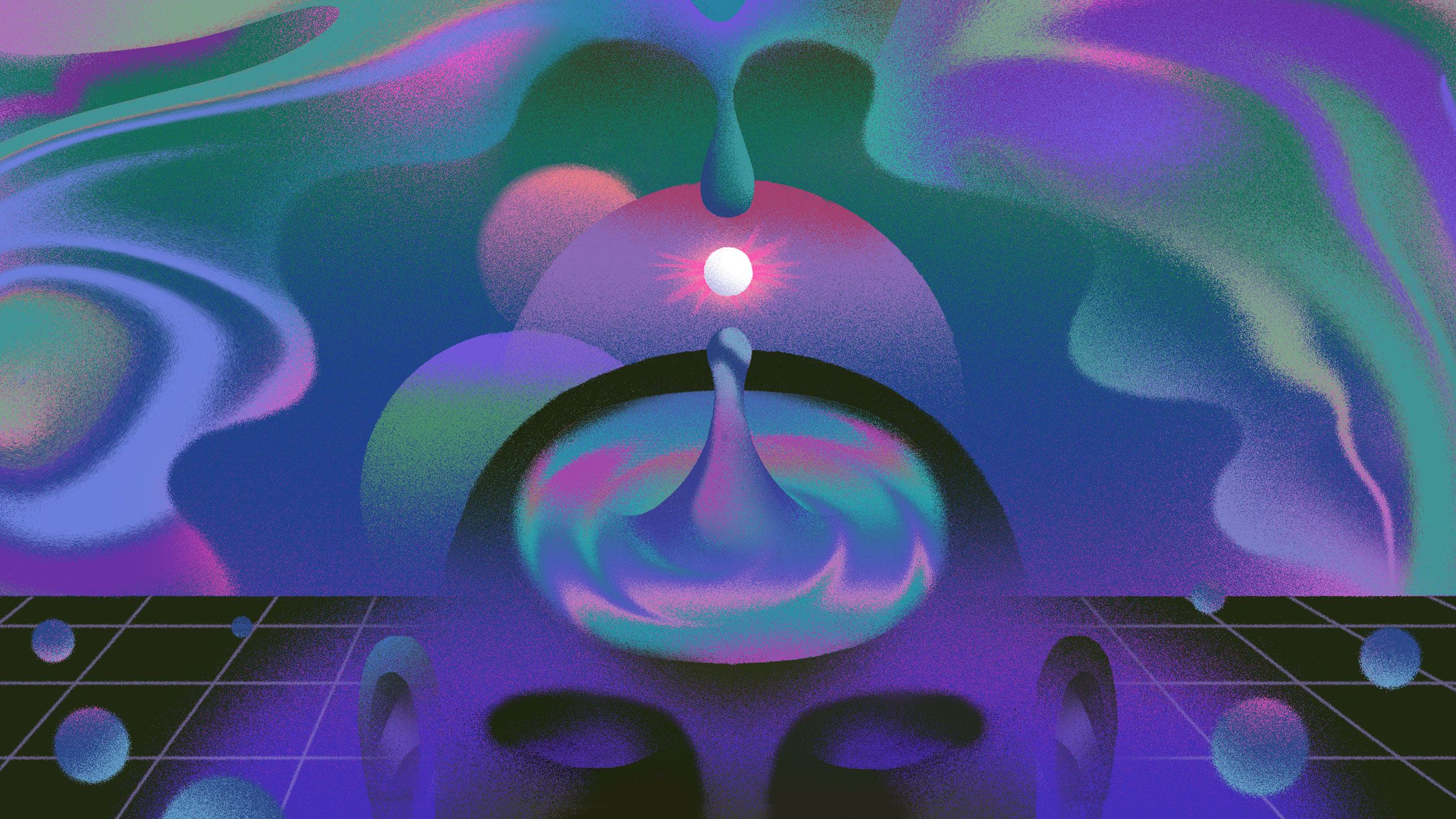
**A Mindfulness Approach to Living**
Our consciousness is not constrained by our physical forms and our experiences. It extends far beyond that. I first became aware of this when I discovered that my mind could envision distant concepts, such as the cosmos or ancient history. Our thoughts are not restricted to the present moment.
Then I understood that to truly experience life means to exist in this instant, in the present. Otherwise, you risk missing your life as it unfolds. And somehow, that realization left me with a sense of absence, the vastness I had previously felt while exploring my mind.
I began my meditation practice over thirty years ago to comprehend this aspect of my consciousness. I embarked on a profound journey of mind and space and unearthed the four boundless states of mind. These states originate from Buddhist teachings and delve into the deeper essence of love, leading me to an expansive place greater than my thoughts—while I remained fully grounded. This experience introduced me to the notion of a boundless mind and facilitated my own exploration through mindfulness practices.
The first state of mind is Metta, or loving-kindness, a meditation that significantly aided my healing journey from deep childhood trauma, allowing me to let go of the past. I needed to practice Metta meditation numerous times to conquer my fears regarding my parents before I could extend compassion towards them. Regrettably, the Buddha initially advised that we should think as our mothers did. This was not fitting for me. My mother was profoundly unhappy, lacking insight and self-reflective abilities. I utilized Metta to transform my fear into compassion for her pain, which freed me from a heavy burden, even post her passing. The same process applied to my father.
Compassion constitutes the second boundless state of mind, realized once we release notions of self-identity and victimhood. Cultivating compassion for ourselves fosters compassion for others. I once lamented that I wasn’t enough to prevent my mother from being upset and to evade my father’s anger. I had to unlearn that imposed reality, understanding that the dilemma resided within my mother herself.
I am also neurodivergent, perhaps a bit atypical, which she would have found unappealing. Once I grasped all this, I could feel profound compassion for both of them. They lost out on a wonderfully affectionate and humorous daughter by attempting to stifle me.
Once I let go of all self-loathing and ignorance, all the negative energy they infused in me, I felt unburdened, expansive, and discovered joy, the third boundless state of mind. Joy became evident in everything I engaged with. Challenges still emerged, but through a focus on joy, discontented states of mind dissipated, along with stress and bodily discomfort.
This liberation led to a sense of balance. Emotions no longer tossed me around, and I’ve achieved equanimity, the fourth boundless state of mind. Emotional stability unveiled how delightful a life can be devoid of dramatic ups and downs. Living most days in profound joy, I cherish every moment of existence and aging. Having reached seventy years thus far, I look forward to entering this phase.
Loving-kindness, compassion, joy, and equanimity are the four mind states to nurture. With them, I experience exuberance in being alive, intertwined with everything. It’s an immeasurable state to achieve, all because I chose to open my mind and heart, acknowledging and accepting them.
For further insights on this adventure, you can find my book that elaborates on this story in more detail [here](https://www.amazon.co.uk/No-Visible-Injuries-Sylvia-Clare/dp/B087L6SXCQ/ref=sr_1_3?crid=2F4KAGRCSQG19&dib=eyJ2IjoiMSJ9.JsnbSkdQMXc8YEbJ7pgVciaK2NZ9Ll0fTk9x01oumUHxvTTgMGkhfycP9ycLQQhE8nZDAw9HxUOuvoNUHIDmCG0zrHxLMElPImPTCtdnVBCsBu2dSXCkCKDO3ZqIGrW53Lr1jE1sY4MWs8RV-wvlJ6ith39geCXTN4nLQTjua1TxJm1BjuFR72xjkco2n3mnmTznDCkClleiXmXA8qwpcd1DLZiM2zD4SRrtjXCo6Ls.OIy8N_Mj6AHaAQPs-XSB0WONbd-v2DRfh_ZNwdyfPT0&dib_tag=se&keywords=sylvia+clare&qid=1743451212&sprefix=sylvia+clare%2Caps%2C89&sr=8-3).